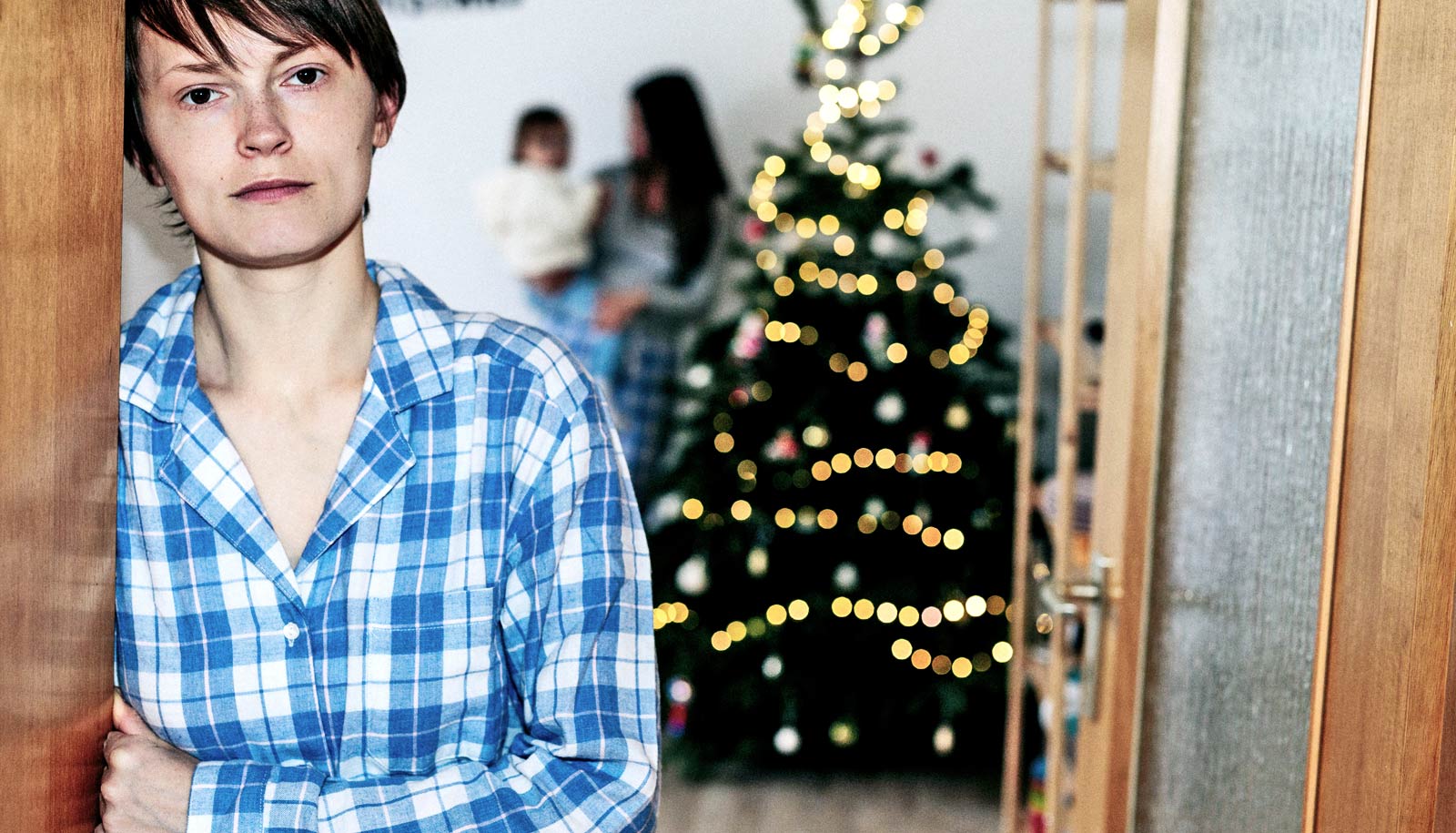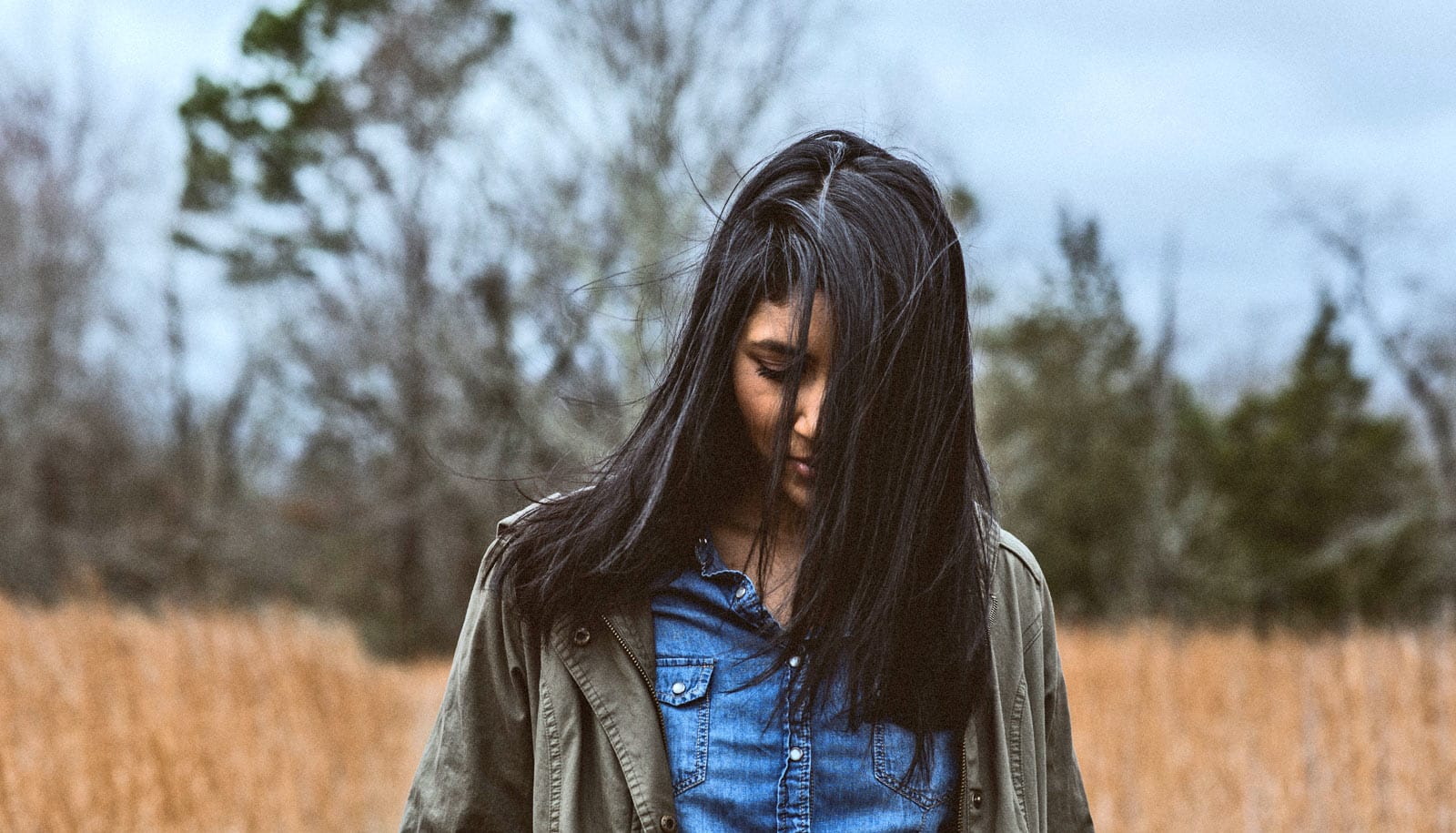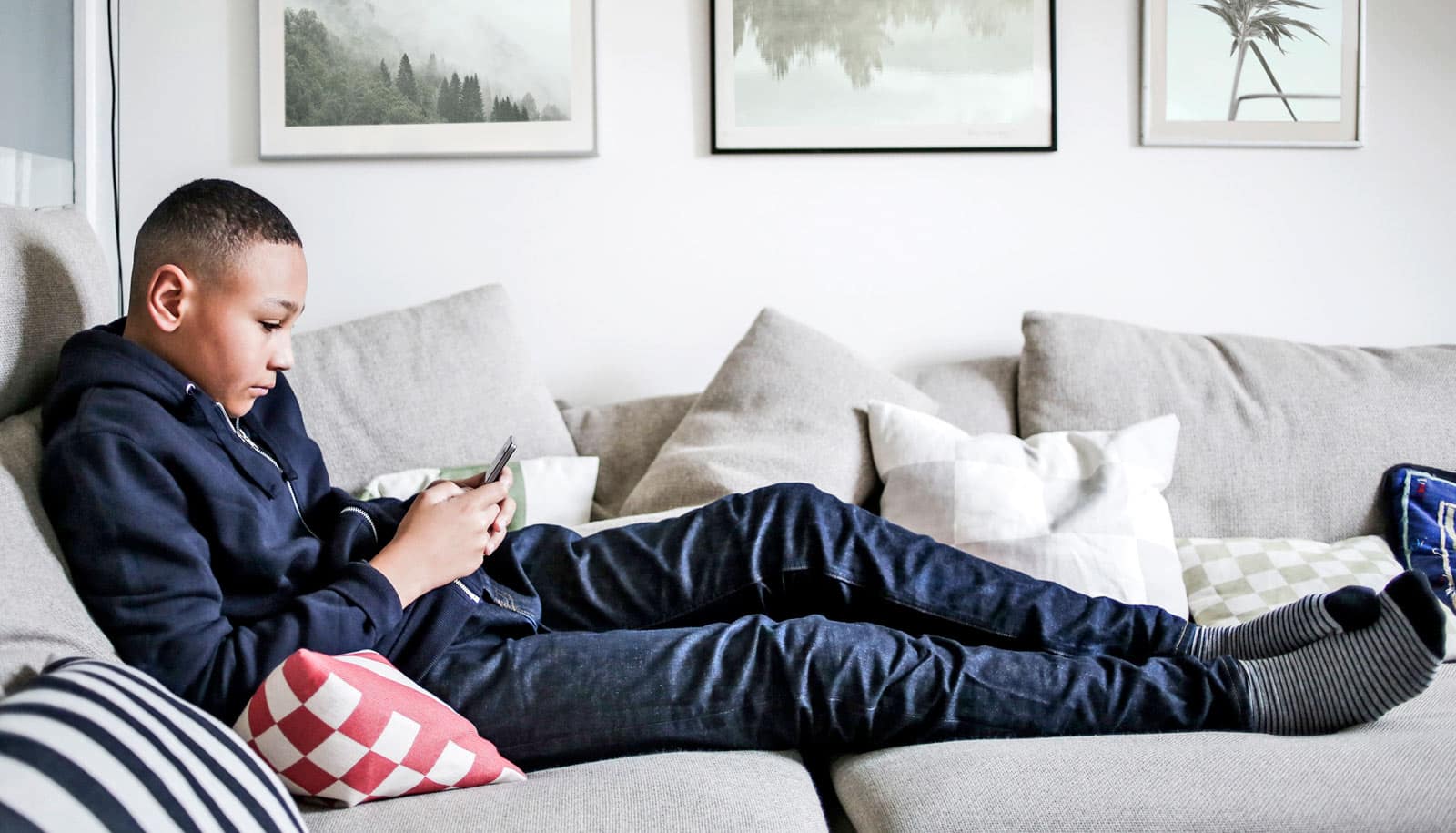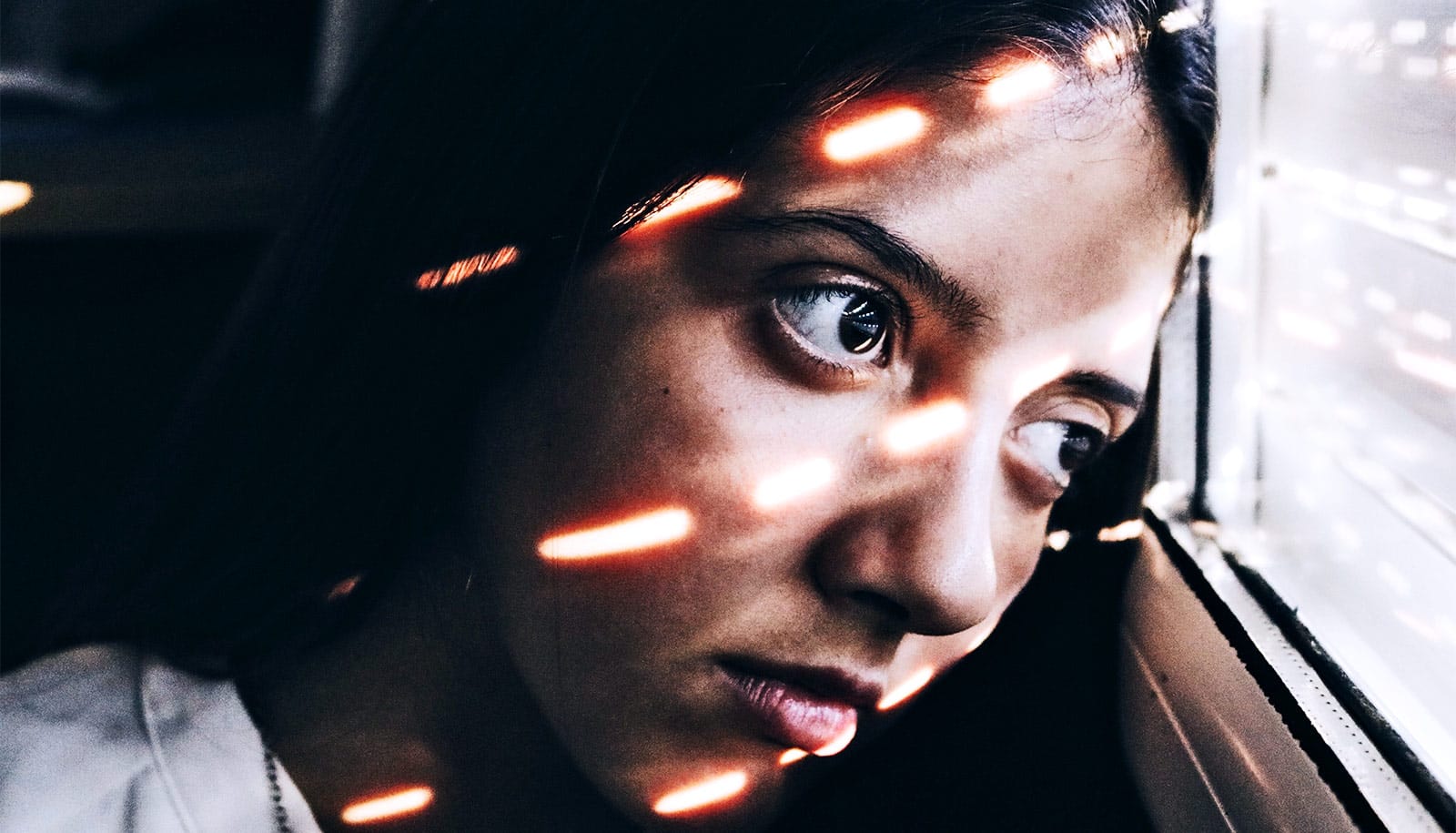For many, the “most wonderful time of the year” feels fraught with the possibility of loneliness and disappointment.
And while common around major holidays, social isolation—seasonal or otherwise—should not be taken lightly, according to research by professor Michelle Munson of the New York University Silver School of Social Work and colleagues.
“You may be alone and not lonely or feel quite isolated when surrounded by others.”
Munson and her colleagues remind us that social isolation and loneliness can be a “potent killer” in American society, akin—as former US Surgeon General Vivek Murthy once put it—to smoking nearly a pack of cigarettes a day.
Isolation and loneliness are distinct risks for older adults, such as those who have lost a spouse. But they loom large for younger people, too. Munson suggests that Americans, especially youth with limited support networks, may be suffering from isolation more than ever before.
Munson is one of four co-leads addressing this through a collective effort called “Eradicating Social Isolation,” part of the Grand Challenges for Social Work. Launched in 2016 by the American Academy of Social Work and Social Welfare, the Grand Challenges put the focus on 12 designated high-priority social problems—such as homelessness, family violence, economic inequality, and over-incarceration.
Munson and one of her Grand Challenges co-leads, Suzanne Brown of Wayne State University, offer some insight into why it can be so hard to remain connected and contented throughout the holiday season. Below are some tips for making sense of difficult emotions as we head into the holiday season:
Why is it that Americans are more socially isolated than perhaps ever before?
Munson: Social isolation has been a problem for a long time, particularly in post-industrialized societies. Over the past two decades, parks, libraries, and community centers have declined, limiting traditional spaces of interaction. People work more jobs and hours to support their families, so time for making and nurturing relationships is far less available. And with the current trends in technology and social media, people engage in less face-to-face time. That’s a mixed bag, benefiting those who live in remote locations or have mobility issues, while increasing the potential for anxiety, isolation, and even ostracization and bullying.
Are the winter holidays the most pronounced time of year for emotional highs and lows?
Munson: Holidays can indeed be painful and triggering for individuals, families, and communities. They can bring up past difficult holidays, amplify challenges related to loneliness and disconnection, and just bring people down. These days, some people are adjusting their relationship to holidays, thinking about how they can take care of themselves during these periods, such as by eating well and exercising. I would also encourage reaching out to someone who is more isolated than you, and simply remembering the impact one can have by being kind. A simple gesture goes a long way.
Brown: Yes, and there’s a paper I’ve frequently cited in my own research called “Tangled in a Web of Affiliation.” I love the title because it highlights that just having people in our lives may not in fact help us feel less isolated, but may actually increase a burden. Identifying relationships and interpersonal engagements that bring meaning and fulfillment, and making choices to pursue those, is one way to make the holidays more fulfilling.
Why might someone feel lonely even if they don’t spend much time alone?
Brown: You may be alone and not lonely or feel quite isolated when surrounded by others. As researchers, we need to define our concepts precisely. Across the literature, we see concepts such as “loneliness” or “isolation” used interchangeably, and poorly defined. What is more, circumstances that produce loneliness and social isolation may be different for different people. Another factor that may not be as obvious is the role of social marginalization for historically oppressed populations. Structural barriers affect the individual’s sense of themselves as being part of a larger community.
Munson: I agree—we can’t talk about social isolation without considering the barriers to full civic participation. Some of Dr. Brown’s research shows that across groups and individuals, positive outcomes are associated with the presence of diverse supportive networks in a person’s life.
Can you explain how this affects people in different stages of life?
Brown: Dr. Munson and I have just coedited a special issue on social isolation and loneliness for the Clinical Social Work Journal, with new studies across the lifespan. One study examining parents and their adolescents found that greater isolation for parents was associated not only with poor physical health, but also with even poorer physical health of their adolescent children. Interventions to help kids who feel isolated should address parents and families as well—it’s all interconnected.
These studies support previous research that has found that social isolation negatively effects physical health as much as smoking does. And another study found that, among older adults, social isolation is cumulative across different domains of isolation—from children, from other family members, from friends, by living alone, by being unmarried, or by lack of participation in social groups or religious activities. The greater number of these domains that elders were isolated from, the greater their loneliness.
What are some of your own ways of taking care of yourselves during the holidays?
Munson: I practice meditation, and for me, there’s no better way to stay grounded. I am also careful to plan ahead around the parts of holiday gatherings that are difficult for me and my family. We try to build in a lot of self-care during those times, going for walks and checking in and touching base with one another. I also love to play with my dog every morning, as his perspective on life is both simple and beautiful at the same time.
Brown: Being in nature is vital for me during the holidays and all year. Walking outside every day is central to my well-being—and not just walking, but walking mindfully, with awareness of sights, sounds, and smells.
Any other tips for navigating the season?
Munson: Go into the holidays knowing that each and every family and individual experiences a multitude of emotions during the holidays, and it is quite normal to feel some loneliness. I would also advise making a list of your three go-to practices that you can draw upon when you feel down or lonely.
For those who do not have a friend or family member to call, think about giving yourself the gift of love and compassion, and do something you like to do. Consider also if there might be opportunities to reach out to others as well. Is there someplace you might volunteer to support others or help your community over the holidays? Helping others can be a powerful way to decrease isolation and it offers opportunities to empower ourselves when we feel isolated or alone.
Source: NYU



